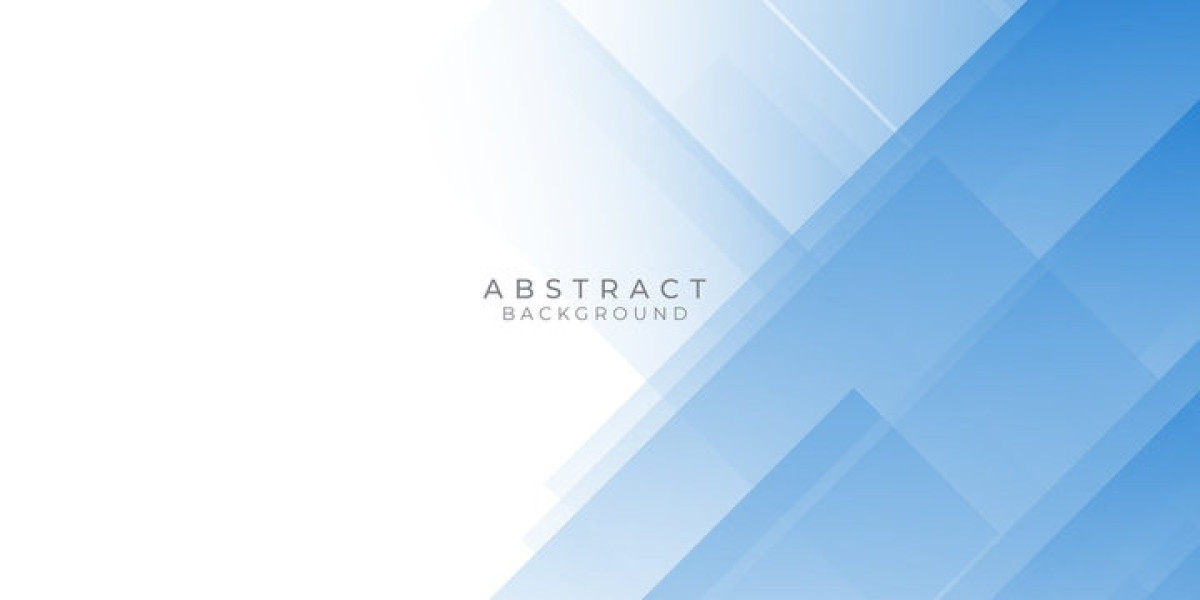Massachusetts sports betting might look completely various if a brand-new costs proposed in the Senate is successful. And if history is any sign, controlled sports betting in other states might also change significantly.
SD 1657 was presented by Sen. John Keenan. "An Act Addressing Economic, Health, and Social Harms Caused by Sports Betting" intends to increase the existing sports betting tax rate from 20% to 51%. In Addition, Sen. Keenan calls for a total ban on live betting (in-game sports betting) and prop bets.
The main thing to bear in mind is that Massachusetts has been at the leading edge of stricter sports betting guidelines. The second thing to understand is that the language of this costs is similar to the SAFE Bet Act, a federal piece of legislation introduced in 2024.
This costs was presented not long after previous Massachusetts Governor and current NCAA president Charlie Baker affirmed in front of the Senate in a meeting on sports betting guideline.
So, while this is presently a Massachusetts costs, it's likely to impact other states that provide regulated sports betting.
A closer take a look at SD 1657
Taxation
Beginning with the tax rate boost, bringing sports betting to 51% has actually been a target for Sen. Keenan before. Keenan proposed a tax increase at the last legal session, however it was turned down. This boost would have been available in the state's budget bill.

Just 3 markets have tax rates of 51%, the highest in the nation: New York, Rhode Island, and New Hampshire. At 20%, Massachusetts presently ranks 6th greatest.
Prohibiting live betting and prop betting
The step restricts in-play (live sports betting) or prop sports betting. Only straight wagers would be allowed, restricting sportsbooks to offering only moneyline, spread, and totals.
While Massachusetts and other markets have constraints on collegiate betting, this would impact even professional sporting events.
The expense likewise looks for to include bonuses and same-game parlays to the category of "unreasonable and deceptive practices." Sportsbooks favour same-game parlays due to their high "hold" portion, the amount of money they keep off each $1 wagered.

Player Limits
SD 1657 likewise aims to develop compulsory day-to-day and regular monthly limits for bettors. Bettors could not wager more than $1,000 a day and $10,000 a month without an 'price evaluation' which includes checking savings account. A player can not wager more than 15% of the amount in their account.
Massachusetts would become the first market to need a price evaluation on bettors.

Marketing limitations
Keenan likewise wishes to eliminate marketing during telecasted sporting events. The procedure would forbid sportsbooks from running ads during games. The Massachusetts Gaming Commission has looked into creating a ban on in-game ads before. However, this did not go through as nationwide TV deals make this hard to enforce.

Will the procedure pass?
The procedure is extreme in its modifications to the sports betting industry in Massachusetts. Banning prop betting and increasing the sports betting tax rate will likely result in pushback from local sportsbooks and market supporters.
Because of this, the procedure will likely be fought in the Senate and your home of Representatives. In the previous session, Keenan failed to raise the tax rate.
He would need to persuade the other senators who did not support his initiative before to alter their minds. If and when the Senate discusses this step, it is impossible to tell how it will be received.








